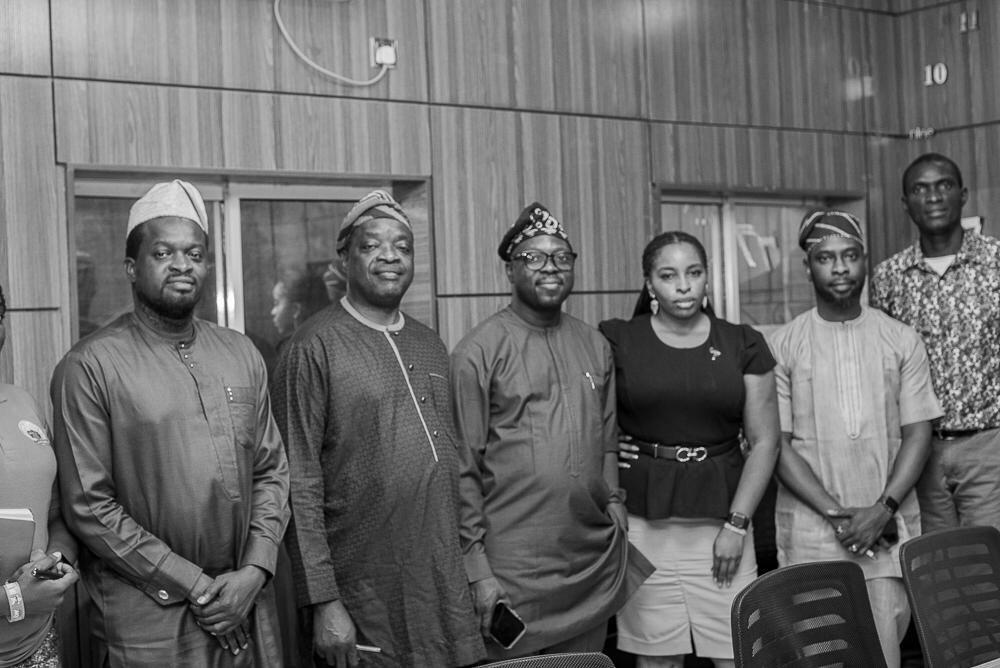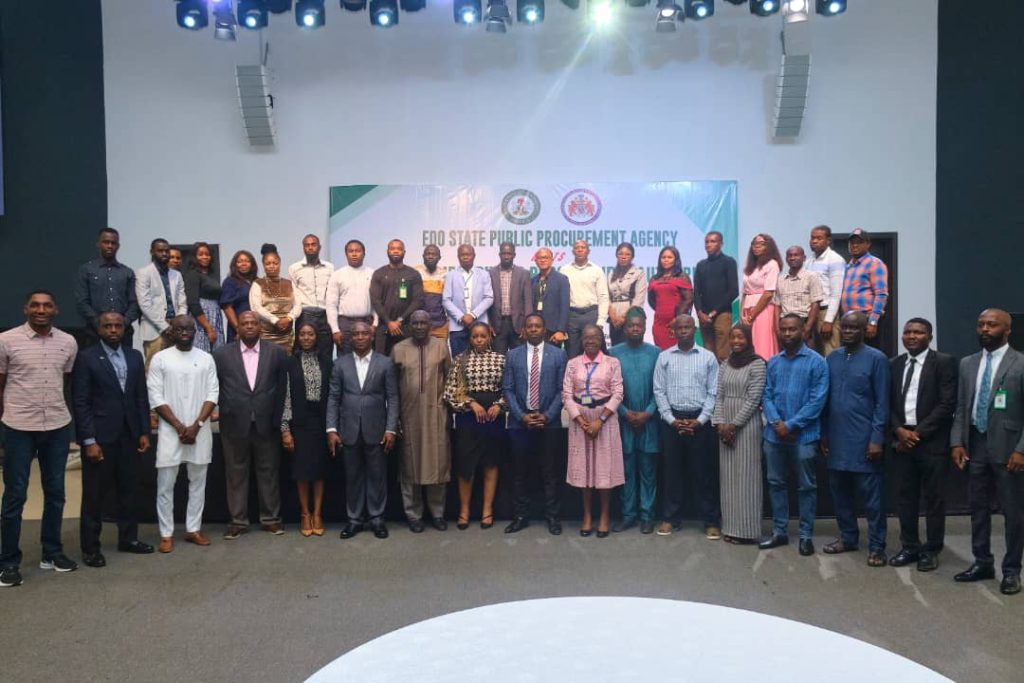Employers of labour in the country, under the aegis of the Nigeria Employers’ Consultative Association (NECA) have expressed concern over the occurrence of multiple taxations in the 2022 Finance Bill which is currently waiting President Muhammadu Buhari’s assent to become law.
Recall that President Buhari had put off assent to Bill following his signing of the 2023 Appropriation Bill on Tuesday.
Director general of NECA, Mr. Adewale-Smatt Oyerinde, decided that the over 50 different taxes, if not addressed now would shut down many businesses in 2023, and reiterated his call on the federal government to come to the rescue of the sector.
While speaking in Lagos, the director-general, however commended President Muhammadu for not signing the Bill into law because organised businesses are still faced with burdensome number of taxes, the Finance Bill would hsve added additional burden on businesses.
“It is worrisome that the Tertiary Education Tax (TET) was increased from 2.5 per cent to 3.0 per cent without “legacy regard for current economic situation faced by businesses,” he said.
Sharing insight on what he termed a ‘legacy of taxes and levies,’ the director-general noted that, organised businesses are currently burdened with over 50 different taxes, levies and fees (both legally and illegally).
He listed the taxes to include; Company Income Tax, Stamp Duties, Petroleum Profit Tax, Capital Gains Tax, Value Added Tax, Personal Income Tax, Withholding tax, Tertiary Education Tax, one per cent of payroll contribution to NSITF, 10 per cent of Payroll contribution to PenCom, one per cent of payroll ITF Levy, National Information Development Levy, Cabotage Levy, Radio and TV Licenses, Police Special Trust Fund Tax Levy, Niger-Delta Development Commission Levy, National Agency for Science and Engineering Infrastructure levy, Land Use Charge, Parking Fee, Consumption Tax, Road Tax, Standard Organization of Nigeria Fees, Nigeria Content Development Levy, NAFDAC Levy, Nigeria Health Insurance Authority contribution, Signage Fees Etc.
ing the Tertiary Education Tax is another burden too much”
Speaking further, the DG averred that, “increasing CIT rate for a gas-flaring company from the standard 30 per cent to 50 per cent is also worrisome, considering the fact these companies are already covered in the Petroleum Industry Act. This could be a recipe for further divestment. Also, the imposition of Excise Duty at rates to be specified via Presidential Order on all services including telecommunication services, is too broad and vague. This could be subject to abuse and further strangulation of the business community.”
In addition, Oyerinde stated that, “it is absurd that the National Assembly would consider and pass the Finance Bill in an unusual manner. While the Senate ambushed Stakeholders, inviting them for a Public hearing in less than 24 hours, the House of Representatives scheduled its Hearing for January, 2023.
“It was surprising that the National Assembly would pass such important Bill without the input and contributions of critical stakeholders. We urge the President to request the National Assembly to do the needful by taking into cognisance the concerns of organised business and expunge all anti-business provisions in the Bill.”
Last modified: January 5, 2023








